
Por Concha León Portilla
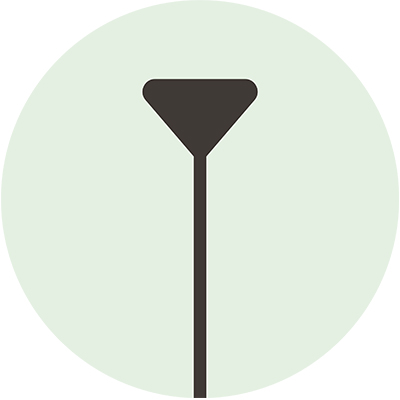
A nivel mundial, cada segundo dos personas cumplen 60 años y la esperanza de vida aumenta de manera exponencial. Celebrar los 100 años no es una excepción.
La ciencia y la tecnología nos han regalado 30 años de vida, sin instructivo. Somos testigos de una transición demográfica sin precedentes que cambia el futuro de la humanidad. En enero del 2024, el World Economic Forum la estableció como “macrotendencia” por su impacto irreversible en todos los aspectos de la sociedad.
Cada vez vivimos más y no es lo mismo vivir que durar.
La pregunta es: si vamos a vivir más, ¿qué hacemos para vivir mejor?
Vivir más significa oportunidades y desafíos. Exige nuevos modelos y estrategias en todas las áreas: salud, empleos, ahorros, vivienda, estructuras familiares y sociales, educación, emprendimiento, seguros de gastos médicos, urbanismo, pensiones, turismo, entretenimiento, vínculos y más.
Parece mentira que sigamos más interesados en descubrir el elixir de la eterna juventud para revertir o disimular los años, que en diseñar estrategias urgentes para disfrutar y enfrentar un fenómeno desconocido: la nueva longevidad.
En cada uno de nosotros vive un adulto mayor en potencia, todos vamos para allá.
Es hora de trabajar unidos en la creación de una nueva cultura de la longevidad, dejar a un lado los estereotipos de envejecer y la discriminación o edadismo y detenernos a planear cómo queremos vivir el tercer capítulo de nuestras vidas que puede ser el más largo y relevante si así lo decidimos.
Sin duda la juventud es un tesoro pero no hagamos de ella la única etapa de la vida con valor. ¡Basta de venerarla a cualquier costo! Envejecer es parte del ciclo vital y puede vivirse con integridad, propósito, autonomía, salud, vínculos significativos y dignidad.
Es cierto que las vejeces son diversas. Existen tantas maneras de envejecer como individuos y el equipaje vital de cada persona aumenta las brechas divisorias. Sin embargo, no podemos dejar de ver que muchos de los que hoy cumplimos 60 y 70 estamos más sanos, productivos y activos que nunca. Emprendiendo, trabajando, volviendo a enamorarnos, divorciándonos, estudiando otra carrera o maestría, colaborando en un voluntariado, corriendo maratones, reinventándonos, participando, compartiendo sabiduría. Defendiendo nuestro lugar en el mundo. Además, contamos con un sinfín de opciones en redes, cursos y seminarios para aprender a envejecer con dignidad, valores e independencia física, mental y económica. La nueva longevidad exige entre otros temas, reinventarnos varias veces. El esquema anterior de: estudias, te casas, trabajas, te retiras y te mueres ya no funciona.
Desafortunadamente también existe otra realidad: la de las personas mayores que sufren enfermedades crónico degenerativas, físicas y mentales, aislamiento, las que están inmersas en pobreza extrema, violencia física y emocional, abandono y soledad.
Ante un cambio demográfico que cada vez requiere mayor atención y compromiso, la OMS Organización Mundial de la Salud, nombró la década de 2021 al 2030, la década del envejecimiento saludable enfatizando cuatro pilares fundamentales para la calidad de vida de las personas mayores: la salud, la participación, la seguridad y la dimensión económica.
“La Década del Envejecimiento Saludable (2021-2030) ofrece la oportunidad de aunar a los gobiernos, la sociedad civil, los organismos internacionales, los profesionales, las instituciones académicas, los medios de comunicación y el sector privado en torno a diez años de acción concertada, catalizadora y de colaboración para mejorar las vidas de las personas mayores, sus familias y las comunidades en las que viven”.
En el mundo hay más de mil millones de personas de 60 años o más, la mayoría de ellas en países de ingresos bajos y medianos. Muchas de esas personas no tienen siquiera acceso a los recursos básicos necesarios para una vida plena y digna. Tenemos un enorme trabajo por hacer en cuanto a integración, inserción laboral, oportunidades económicas, derechos, educación, vivienda y más, para que estos años que nos ha dado la ciencia tengan sentido y no perder de vista la meta que es añadir vida a los años.
Somos la persona más importante que tenemos a nuestro cargo. Nuestra salud integral es nuestra responsabilidad. Nunca es ni demasiado tarde ni demasiado pronto para empezar a cuidarnos y para detenernos a planear qué sigue. El autocuidado es la clave para mantener la autonomía. Hoy en día tenemos la fortuna de que la información está a nuestro alcance. Con un click podemos encontrar todo lo referente al cuidado de nuestra salud física, mental, emocional, patrimonial y espiritual, de nuestras relaciones, educación y formación. Llevarlo a la práctica es la tarea que nadie podrá hacer en tu lugar.
Recuerda que: “La vida se divide en dos: la que has vivido y la que te queda por vivir… y aunque te quede un solo día por vivir, tienes toda la vida por delante”.
*Colabora en medios de comunicación desde 1982: dirige, escribe y produce videos sobre crecimiento personal, cultura, biografías, documentales, institucionales, educativos y filantrópicos.
Es creadora y fundadora de Enlace50, una comunidad con presencia en radio, redes sociales, cursos y conferencias que tiene como objetivo enriquecer la calidad de vida de los de 50 en adelante, a través de impulsar una nueva cultura para la longevidad con propuestas y contenidos que inspiren vidas sanas, dignas, felices, independientes, productivas y con sentido.
Desde 2015 conduce cada sábado en MVS102.5 y en mvsnoticias.com su programa de radio Enlace50 dirigido a un segmento de la población que aumenta cada día y que significa un sin fin de oportunidades, un sector poco atendido al que urge voltear a ver por su potencial, recursos, educación, vitalidad, ganas de hacer amigos, aprender y disfrutar la vida.
Colabora en el Portal del adulto mayor desde 2018 y en el canal de YT de Retos femeninos desde 2019.
Convencida de que la curiosidad es lo que nos mantiene vivos y de que nunca es tarde para crearnos la vida que siempre hemos querido, trabaja para formar comunidades comprometidas con hacer una diferencia en la Revolución de la Longevidad.
Las opiniones expresadas son responsabilidad de sus autoras y son absolutamente independientes a la postura y línea editorial de Opinión 51.

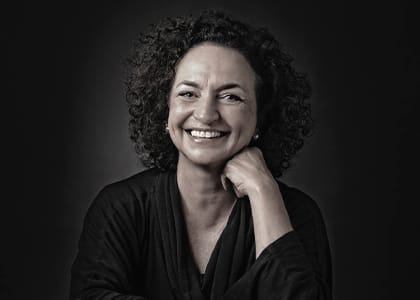
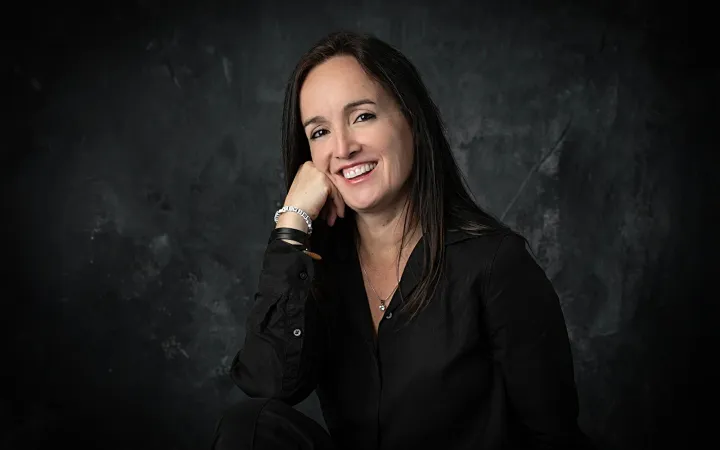
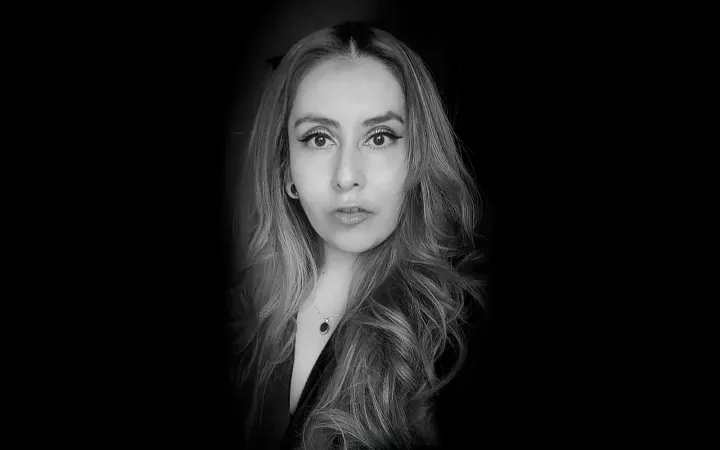
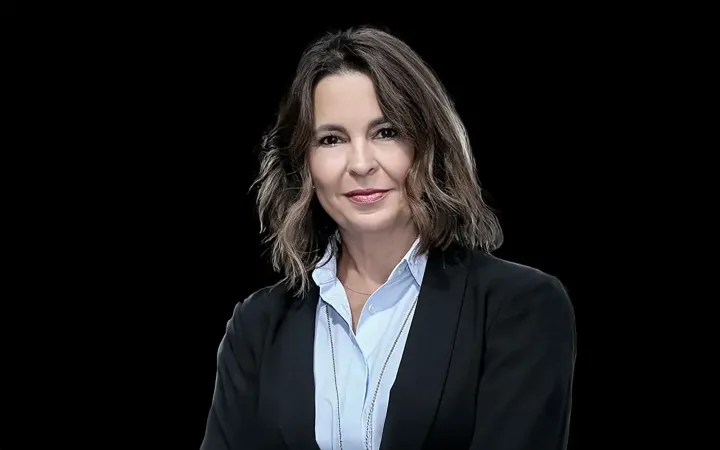
Comments ()